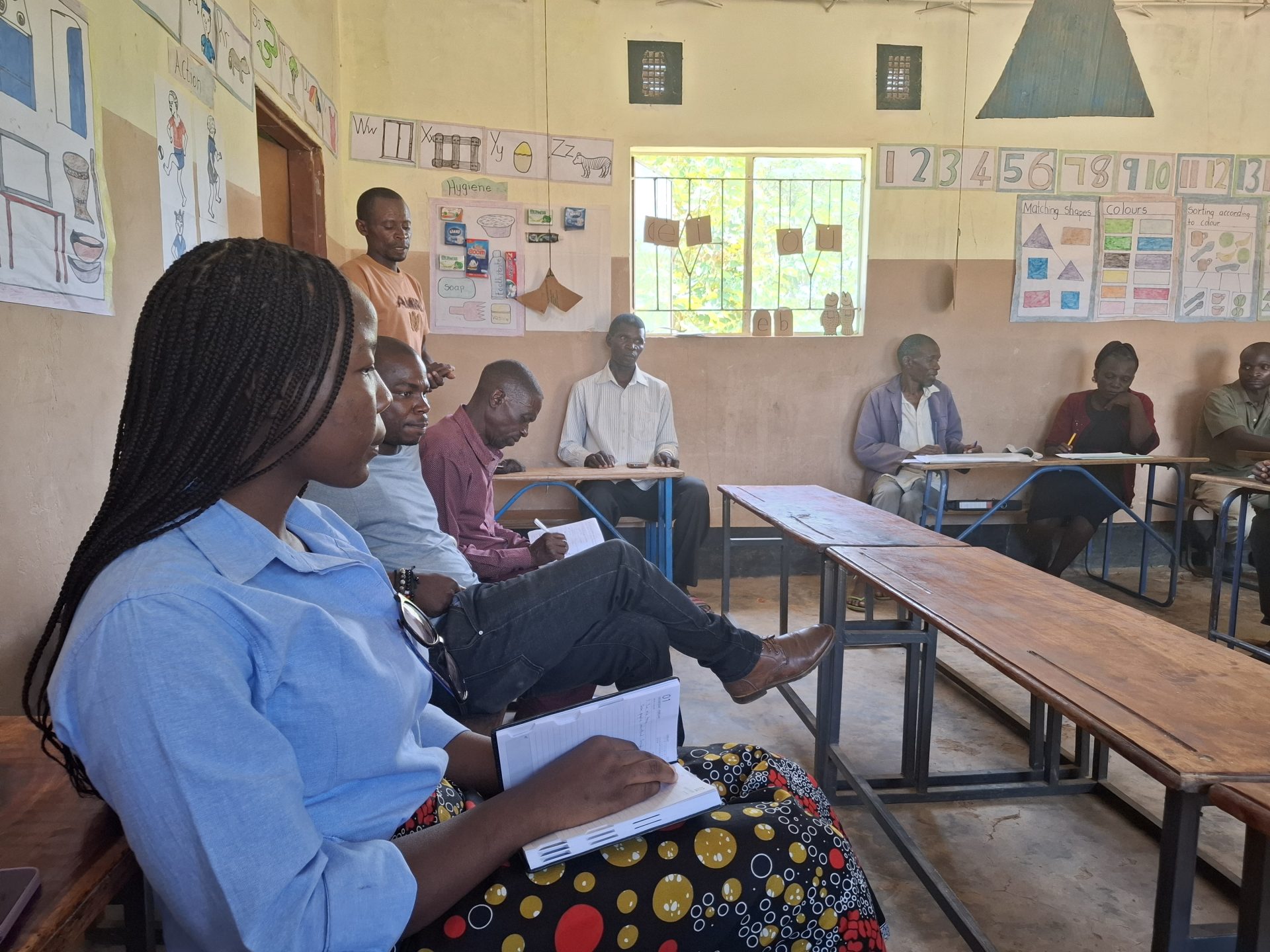Collaboration Agreement
Signature of Collaboration Agreement for Climate Finance for the Lunga Community REDD+ Program
| Location | North-Western Province, Zambia |
| Status | Active |
| Stage | Investment Readiness |
| Program Area (ha) | 794,672 |
| Reductions/Removals (Avg Annual) | 1,468,230 tCO2e |
| Program Type | JREDD+ |
| Blue Carbon/Peatland | – |
| Market Standard | VCS, CCB |
| 1st Verification | Expected 2027 |
The Lunga Community JREDD+ Program in Zambia’s North-Western Province covers 779,400 hectares within the West Lunga Complex, one of the country’s most biodiverse regions. The Program works to reduce deforestation and forest degradation while improving community livelihoods and advancing Zambia’s national climate goals.
Implements community-based land use planning, forest protection, and sustainable forest management
Promotes managed natural regeneration, afforestation, reforestation, and fire management to restore ecosystems
Develops sustainable forest enterprises such as beekeeping and agroforestry to strengthen rural livelihoods
Reduces fuelwood demand through efficient cooking technologies and alternative energy sources
Builds institutional and community capacity for transparent, inclusive forest governance
The Program combines climate mitigation, conservation, and social inclusion to achieve an estimated 1,468,230 tCO₂e in annual emission reductions while supporting biodiversity and community resilience across Zambia’s Northwestern forests.
